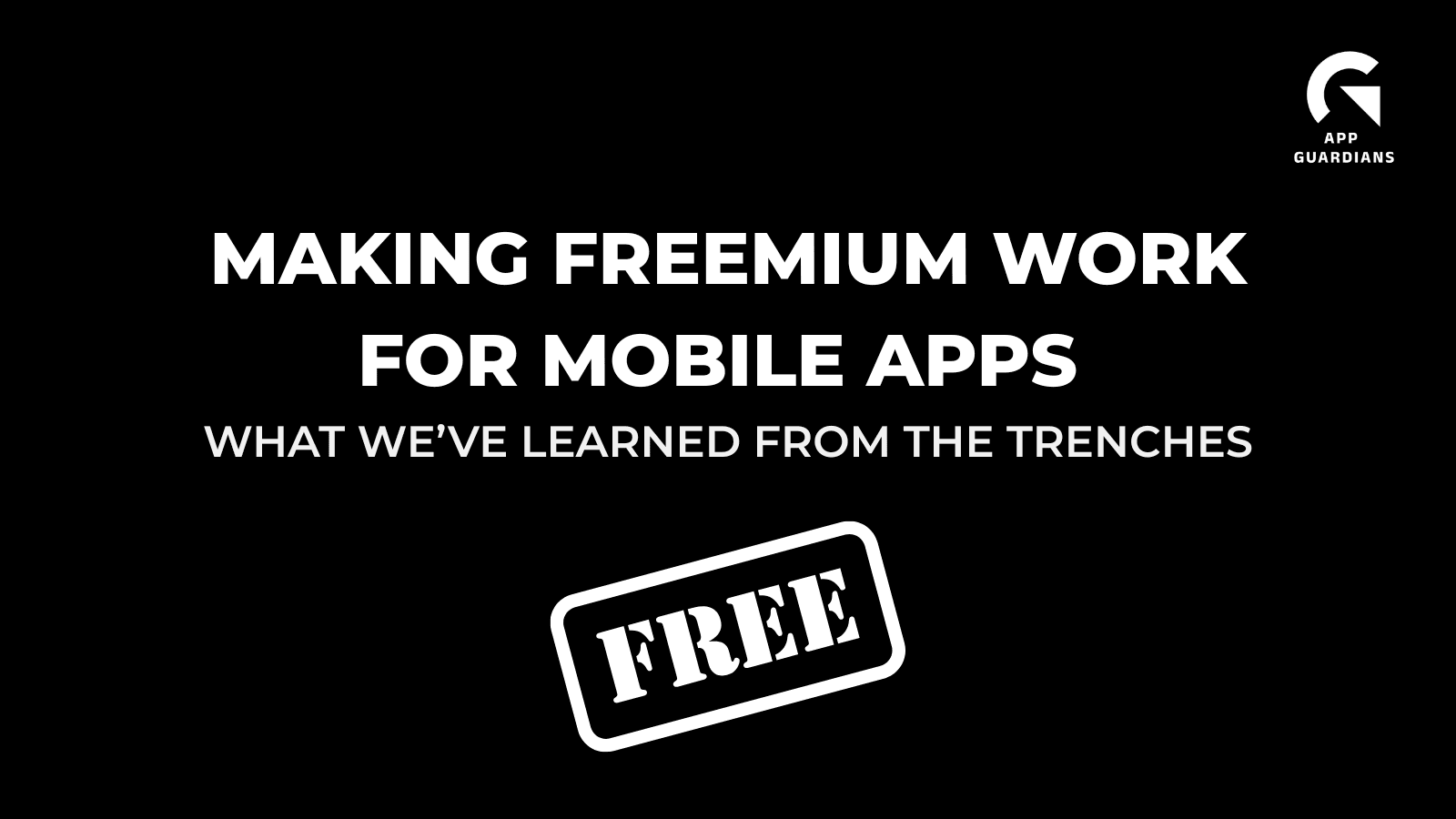Key changes Google I/O 2022 introduced for Google Play Store
On Wednesday, May 11, 2022, Google announced a number of key changes to the Play Store at Google I/O 2022. The list of announcements is quite extensive, and we are here to provide you with key insights into what’s new. Starting with data privacy, they announced Private Sandbox. They also expanded into their custom store listings through LikeOps and introduced a much-needed upgrade to their billing options.
Let’s take a closer look at each one.
Data privacy: Private Sandbox and Data Safety
User data has always been a major concern for Google. Previously, they had introduced Advertising ID to give users more control over their data and the option to opt-out of personalized ads. Now, they’re taking a step further to create a safe environment for app users and delivering on their promise to expand on data privacy by announcing Private Sandbox on Android.
This new solution promises to limit data sharing with third parties and operate without cross-app identifiers. It will not be a sudden change, however, as Google says this new change won’t be implemented for “at least two years,” allowing app developers enough time to prepare themselves for this change.
Continuing with transparency, Google is planning on publishing a Data Safety section on the app’s store listing, outlining how user data is collected and shared. Google said, “By July 20th, 2022 all developers must declare how they collect and handle user data for the apps they publish on Google Play and provide details about how they protect this data through security practices like encryption”.
App promotion: Custom Store Listings and LiveOps
Following Apple’s footsteps, Google introduced a new feature called Custom Store Listings in 2019, similar to Apple’s Custom Product Pages. Now, Google is expanding the number of custom listings available per app to 50, whereas Apple has currently set the limit to 35 per app. Under Google’s Custom Store Listing, each one can be tailored with unique deep links and analytics, enabling app developers to present different listings to different users depending on where they’re directed from.

Source: Android Developers Blog
This improvement puts Google Play Store at a slight advantage over Apple’s App Store in terms of the number of allowed custom listings per app. This customization gives developers more insight into campaign performance and informs future decisions. To analyze this data in one space, Google also announced a new Play Console page.
Along with the number of custom listings, Google is opening up LiveOps, a new tool that allows the promotion of limited-time deals and special events through the Play Store.
Currently, the beta version also supports integration with deep links which gives even more data points on the performance of a specific event campaign. Google’s internal differential analysis shows that LiveOps can drive 5% more 28-day active users to apps and deliver 4% higher revenue for apps using this feature compared with those who don’t (Android Developers Blog).
Pricing strategy: Ultra-low pricing and Subscriptions
Sometimes it is difficult for apps to enter emerging markets because of their purchasing power and the app’s price point. This is why Google announced their newest pricing feature: Ultra-low pricing. It works with a base of 5 cents US or the equivalent in any market.
A new prepaid option will also be available for developers to enter markets where pay-as-you-go is the standard. Renewal timeframes can be implemented so that users have more convenient ways to renew their subscriptions.
On the subscriptions side, Google now allows combining multiple plans in a subscription without creating new SKUs for each combination. Developers will also be able to change their pricing strategy for new users without affecting existing customers. This allows for better custom offerings, like 2nd chance offering, to improve customer retention.

Source: Google
Finally, Google is also adding a new In-App Messaging API to alert users that their payment has been declined. They found that users are more likely to fix the issue through these reminders, resulting in a further minimization of revenue loss for app developers.
Final Thoughts
Overall, the announcements we have covered from Google I/O 2022 spell great news for both the users and developers of apps. User data privacy has been a long-standing issue and an increasingly important one at that. It is great to see Google taking the necessary steps toward fully respecting and protecting its users in this critical way.
At the same time, app developers should pay close attention to learning how to leverage the favorable changes that would greatly benefit the growth and commercialization of their apps. This year’s changes allow developers to tap into emerging markets with increasingly flexible methods of payment.
To learn more about Google Play Store or to inquire about our services, please don’t hesitate to contact us.
Related Articles
In today’s app economy, the “hard paywall or bounce” model is losing its edge. Users are savvier, competition [...]
Two major updates from Apple have landed — and if you work in app marketing, growth, user acquisition, [...]
The Digital Markets Act and the Digital Services Act are two major pieces of legislature brought forth from [...]










